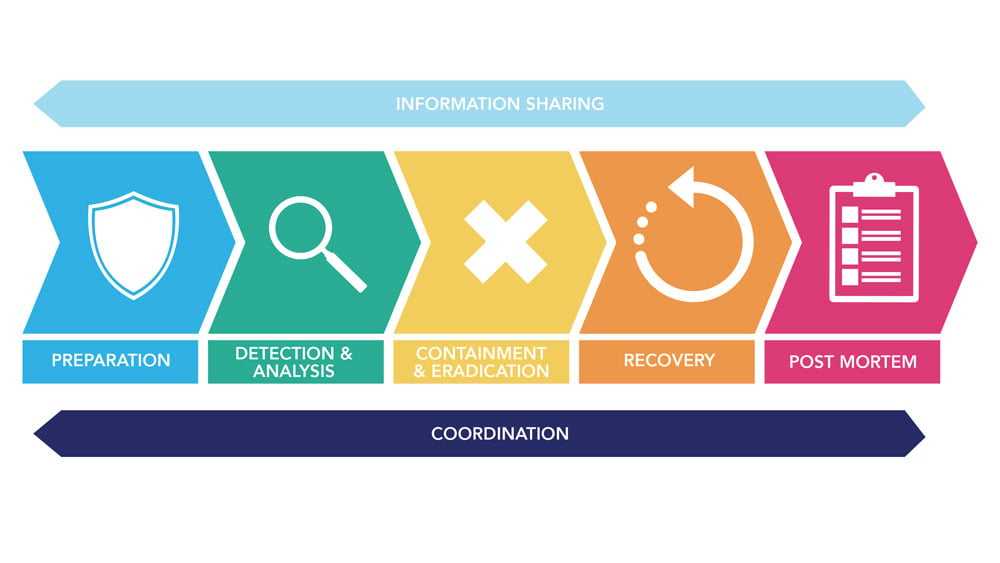Preparing for Unexpected Challenges During an Event: Tips for Event Planners
Event planning is an art form that balances meticulous organization with the ability to swiftly adapt to the unexpected. In this world, unpredictability is the only certainty. This blog aims to provide a comprehensive guide to managing unforeseen events during various occasions during your event, ensuring that you are well-equipped to handle any curveballs thrown your way.
What could go wrong?
A crucial step in preparation is understanding the types of unforeseen events that might arise. These typically fall into several categories:
Environmental Factors: These include weather disruptions like sudden storms or extreme heat, natural disasters such as earthquakes, or unexpected issues with the event space like power outages or structural problems.
Technical Challenges: These range from failures in audio-visual equipment, issues with lighting, to problems with digital connectivity or software glitches in presentation tools.
Human Dynamics: These encompass a range of issues like high-profile speakers canceling last minute, attendees facing travel disruptions, or health emergencies among participants.
Security Situations: These involve potential threats to safety, unauthorized entries, or any form of disturbance that could disrupt the event’s peace and order.

Pre-Event Strategies: Fortifying Against the Unexpected
The backbone of managing events you cannot control lies in proactive, detailed pre-event planning.
Location and Weather
Your first steps involve identifying potential risks that are unique to your event’s nature and location. For instance, an outdoor event in a coastal area might be more prone to weather disruptions. For each identified risk, craft a detailed contingency plan. This could include arrangements for backup venues, alternate suppliers, or emergency response protocols.
Embracing Technology for Resilience
Incorporating technology can significantly bolster your preparedness as well. Including, utilizing sophisticated software to oversee all event aspects. This allows for real-time monitoring and swift adjustments.
Establish reliable communication channels for your team and attendees, which could include dedicated apps, social media platforms, or emergency alert systems. Other tech to consider as backups or to ensure everything goes smoothly:
- Wifi support or offline support/software
- Communication channels
- SMS or mobile alert system
- Chat bot/AI on website to help guests
Real-Time Response: The Art of Adaptive Management
When unforeseen events strike, the effectiveness of your response is critical. Key actions include:
-
Swift Situational Analysis: Quickly but thoroughly assess the situation to gauge its impact and necessary response level.
-
Strategic Communication: Ensure clear, calm, and timely communication with your team, participants, and potentially the wider public.
-
Dynamic Adaptation: Be prepared to modify plans on the fly. This could involve rescheduling segments, relocating activities, or deploying backup resources.
All in all, a resonse plan and procedure should be put into place.
Tackling Specific Challenges
Weather-Related Preparations: Have a well-thought-out plan for moving outdoor activities indoors, securing structures against strong winds, or adjusting schedules in case of severe weather.
Tech Troubleshooting Protocols: Ensure immediate access to technical support and backup systems. Pre-event testing of all equipment is crucial.
Medical and Emergency Preparedness: Maintain an equipped first-aid station and have clear protocols for medical emergencies. For larger gatherings, having medical professionals on standby is advisable.
Post-Event Reflection: Turning Challenges into Learnings
After your event concludes, it’s time to reflect and learn whether thats by reviewing your analytics, the events during the event, collecting guest feedback, etc.
-
Comprehensive Feedback Collection: Obtain insights from your team, attendees, and partners. This feedback is invaluable for understanding the effectiveness of your response strategies.
-
Analytical Review and Plan Refinement: Use the gathered information to revise your risk assessments and contingency plans, making them more robust for future events.
|
Build custom reports you need From ticket sales, to real-time alerts and |
Wrapping Up: Thriving in the Face of Uncertainty
Successfully managing unforeseen events in the realm of event planning is about combining proactive preparation with agile response.
By understanding potential risks, crafting detailed contingency plans, leveraging the power of technology, maintaining effective communication, and learning from each experience, you can navigate any unexpected situation with confidence and professionalism.








